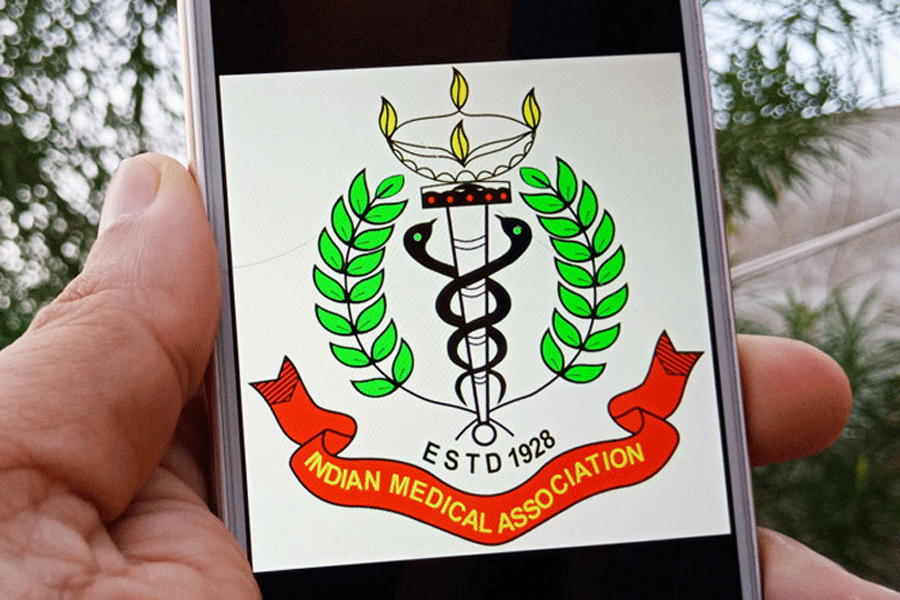A decree by India’s apex medical regulatory authority asking doctors to prescribe medicines only through generic chemical names will shift brand choice to pharmacists and increase patients’ risk of exposure to substandard drugs, medics have warned.
Doctors in private and government hospitals have said new rules notified by the National Medical Commission (NMC) earlier this month that require all registered medical practitioners to prescribe drugs through generic names could impact patients’ safety.
Consumers too are opposed to such a change.
Around 93 per cent of a sample of 20,700 respondents from 326 districts across the country want doctors to continue writing the brand names of medicines, according to the findings of a nationwide survey released on Thursday.
The survey by Local Circles, a community social media platform, found that only 7 per cent of the respondents would approve of their doctors writing only generic chemical names on prescriptions.
The NMC’s Ethics and Medical Registration Board had in its notification said doctors should prescribe drugs with “generic”/ “non-proprietary”/ “pharmacological” names only, among its other guidelines.
Doctors say they could face up to 30 days of suspension if they violate the rule.
The board, justifying the guideline, said generic drugs were 30 per cent to 80 per cent cheaper than branded drugs and prescriptions with generic medicines might help lower healthcare costs.
But the Indian Medical Association (IMA), the country’s largest body of doctors, has said the rule “directly impacts patients’ safety”.
IMA executives and other doctors said the guideline appears intended to mislead the public with what is being portrayed as a cost-cutting move but in reality has the potential to harm patients.
“This is an impractical, populist guideline made with no understanding of its implications,” Sharad Agarwal, the IMA’s national president, told The Telegraph.
Doctors suspect the guideline is intended to reflect the Narendra Modi government’s push for generic medicines, but disregards the reality that 90 per cent of medicines sold in India — whether generic or innovator medicines — come with brand names.
Chandra Gulhati, a senior pharmacologist in New Delhi who has tracked the pharmaceuticals sector for many years, said the guideline would be “impossible” to implement for drugs with multiple ingredients. “Becosule capsules, for instance, have nine generic ingredients — do they expect doctors to write down the names and doses of all nine?” Gulhati said.
The IMA said the guideline would shift the choice of brand from a medical practitioner to the people dispensing medicines in chemists’ shops which, it said, “is not in the best interest of patients”.
The quality of generic medicines in the country is known to be “highly variable”, said a professor at a central government postgraduate medical college who requested anonymity because faculty members are disallowed from discussing government or NMC policy.
A former doctor at AIIMS, New Delhi, said a generic prescription could increase the risk of patients being exposed to poor-quality medicines.
“Suppose I write paracetamol 500mg, the generic name, instead of the commonly used brands that could be Crocin or Calpol. The chemist might choose to hand over another brand in which we might have less faith than we have in Crocin or Calpol,” said Suvrankar Datta, a former radiology resident at AIIMS. “The unfortunate reality is that not all generic brands are equal.”
A database of substandard drugs maintained by Kerala’s drug regulatory authority has over the past year documented samples from at least 10 batches of a paracetamol from a generic manufacturer in another state that had failed standard drug quality tests.











